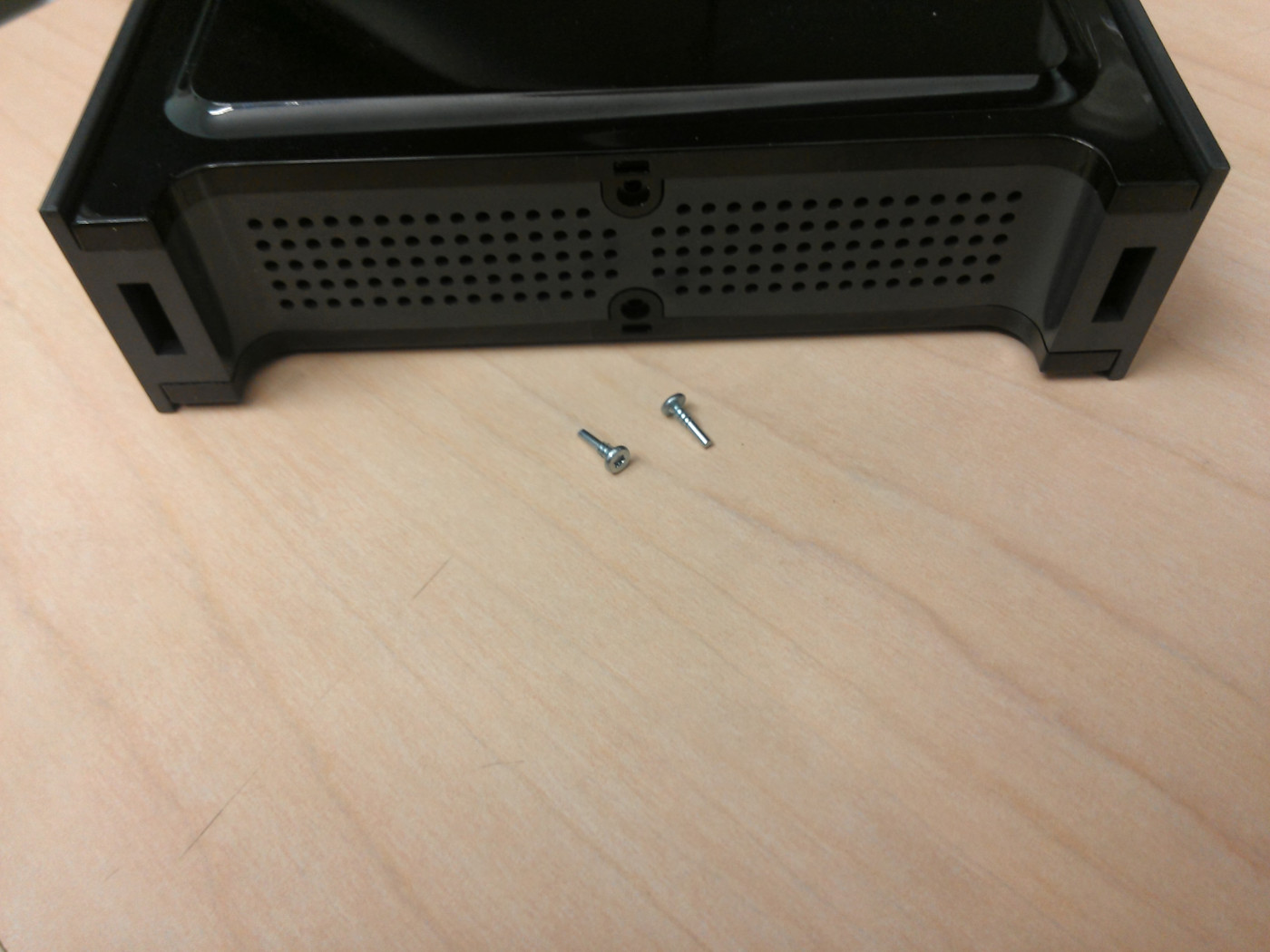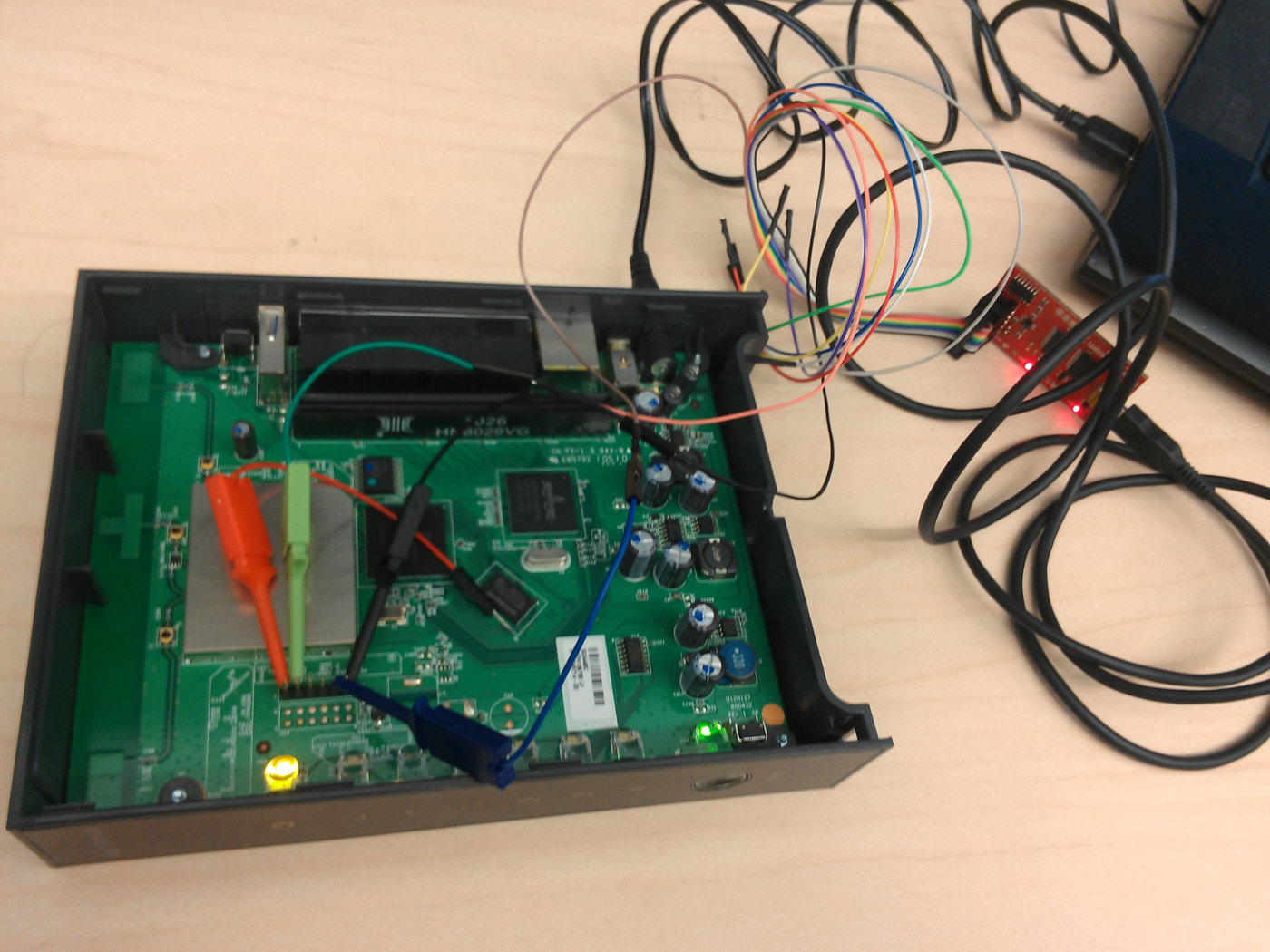My Instructional Technology class asked us to play with Prezi, Some thoughts:
- I don’t think I’ve ever seen a presentation using Prezi that wasn’t made worse by it. Sometimes because the internet connection wasn’t good enough to support it, and it wasn’t installed locally. Usually because the transitions were distracting. Sometimes because there were better less spatial schema available for the information.
- I don’t think this is necessarily a general problem with Prezi, I think it is just that we have decades of experience designing slides, and (at least in principle) roughly know how not to suck at it, while no such body of knowledge exists for zooming presentations. Especially because it plays on our tendency to use novel features because they are there, just like we’ve slowly learned to exercise restraint with the awful things that can be done with fonts and colors in most slideware.
- Prezi’s designers clearly read Jef Raskin’s The Humane Interface and took it as gospel. It looks like a subset of a ZUI (Zooming User Interface) that he advocated for, unselfconsciously ignoring subsequent criticisms.
- Building something like that on top of Flash in this day and age is utter, inexcusable insanity. I went through four OS+Browser combinations before I found an environment where it didn’t crash Flash immediately.
- Their motion interpolation is the most annoying, nauseating motion in a world of annoying, nauseating smooth scrolling schemes.
- Sign up with your .edu address through the “for education” link if you have one. You basically get the small paid plan for free.
- By default, they appear to send you email every fucking day, and have one of those intentionally obtuse tools (not accessible except for via the unsubscribe link in the email footer, unsubscribe button set up to look like it might delete your whole account, etc.) to fix it.
Bah. 99 times out of 100, I’m sticking with Beamer.



